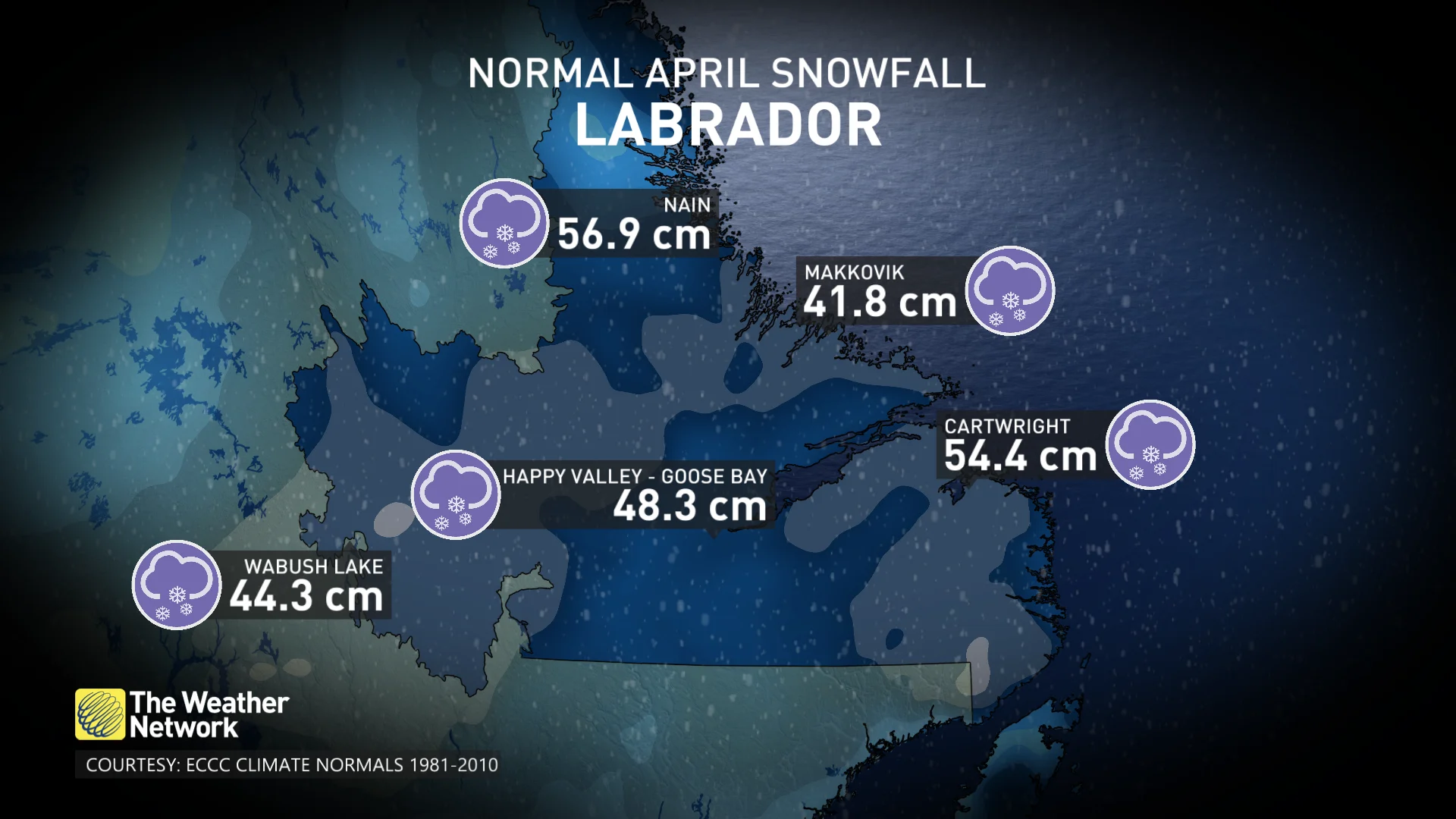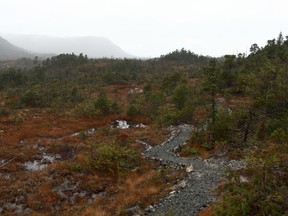Article content
Here is a roundup of stories from The Canadian Press designed to bring you up to speed on what you need to know today…
Tourism operators face heavy debt, even as business roars back

|
|
OTTAWA — The chair of the Canadian Radio-television and Telecommunications Commission says a federal bill would give it power to regulate user-generated content, such as homemade videos posted on YouTube.
But Ian Scott predicted at a House of Commons committee that this would never happen as the broadcast regulator has no interest in overseeing content produced by individuals.
Even so, critics of the online-streaming bill have seized on his remarks, saying they contradict assurances by Heritage Minister Pablo Rodriguez that it would not give the regulator power over homemade content, such as cat or cooking videos.
Bill C-11, now going through Parliament, would update Canada’s Broadcasting Act and give the CRTC power to regulate online platforms such as YouTube, Netflix, Amazon Prime, Spotify and TikTok, along with traditional broadcasters. It would make digital platforms promote Canadian content, including films, music videos and TV programs, and contribute financially to their creation.
Scott Benzie, executive director of Digital First Canada, said the CRTC chair confirmed what digital-first creators have been saying since the bill was published. They have warned it could give the regulator power over their work, including posts by comedians, animators and gamers on platforms such as YouTube, TikTok, Snapchat and Twitch.
Benzie accused the federal government of being misleading by claiming the bill would not capture user-generated content.
“It’s nice to see that the truth is finally out on the table,” Benzie said. “The bill captures everything. Once the CRTC has these powers, it is real tough to undo legislation.”
Rodriguez said in a statement: “With Bill C-11, we’re asking the online streaming companies that benefit from Canadian culture to contribute to it. Canadians and their content are excluded. Period.”
The minister added that the CRTC’s decisions are “transparent and open to public participation.”
“Contrast that with the 26 million videos taken down last year by YouTube with minimal oversight and transparency — and no public accountability,” the minister said.
The CRTC chair spoke about the bill at a House of Commons heritage committee on Wednesday. Scott told MPs that the bill, in its current form, would allow the CRTC to regulate user-generated content.
“As constructed, there is a provision that would allow us to do it as required,” he said.
He added that the CRTC had no interest in regulating such content and had never done so.
“There should be a higher degree of trust in relation to the commission’s future actions,” he told the committee, explaining that in 50 years of broadcast regulation the CRTC had “never interfered with individual content.”
Scott’s five-year tenure as chair ends in September and the federal government is already accepting applications for his job, with a salary of up to $328,000 a year. The job advertisement seeks experience in digital media, broadcast or telecommunications.
The CRTC has faced criticism that it might lack the expertise to regulate the digital sphere, a claim that Scott, when asked about it at the committee, vehemently disputed.
The regulator said in a statement after Scott’s appearance that “as it’s drafted at the moment, the bill draws a distinction between the users of social media and the platforms themselves. It’s clear to the CRTC that the bill’s intent is to exclude individual users from regulation.”
The CRTC added that “the content itself can be the subject of some regulatory oversight, but only in certain limited circumstances,” such as if it generates revenues, is available on other platforms such as television and is categorized by a unique, internationally assigned identifier.
It said if the CRTC opts to put regulations in place, they would have to be designed to achieve the Broadcasting Act’s policy objectives.
YouTube warned at a national culture summit earlier this month that the bill, as worded, would give the CRTC scope to oversee everyday videos posted for other users to watch.
The online-streaming bill contains a clause excluding from regulation videos uploaded by a user for other users to watch.
This is followed by qualifying clauses saying the CRTC can make regulations relating to “programs,” which YouTube warned would give the regulator the discretion and scope to oversee a wide range of digital content, including home videos.
Jeanette Patell of YouTube Canada said in a statement: “We’ve heard from the government that they don’t intend to regulate user-generated content (UGC), but the Chair of the CRTC has confirmed that UGC still remains in the bill text.”
“Our simple ask is that they resolve this inconsistency and include specific language in the bill to exclude UGC from CRTC regulation, to protect thousands of Canadian creators who earn a living on digital platforms.”
YouTube has said the number of Canadian content creators making more than $100,000 a year on its platform is increasing every year.
Michael Geist, the University of Ottawa’s Canada Research Chair in internet law, said user-generated content is not “out of the bill.”
“Scott’s remarks confirm what was plainly obvious for anyone who took the time to read the bill,” Geist said.
“The door is wide open for the CRTC to establish regulations on user content including discoverability rules that could harm Canada’s digital-first creators. There are good reasons no other country in the world regulates user content in this way.”
This report by The Canadian Press was first published May 20, 2022.
Marie Woolf, The Canadian Press
Digital WritersThe Weather Network


Prepare for multiple rounds of April snowfall this week, as Labrador braces for wintry conditions. This onslaught of snow is expected to blanket the region, potentially leading to hazardous travel conditions and disruptions throughout the week
As we march even deeper into the heart of the spring season, many parts of Canada are finding it tough to find any consistent signs of warming weather. Add to the mix periods of snow and wintry precipitation, and it’s safe to say the winter season is certainly not going out without a strong fight.
This week, parts of the East Coast will bear the brunt of the winter weather, with multiple rounds of April snowfall stacking up in Labrador. The chances for snow flurries will stick around all week long, bringing as much as 25 cm for some.
MUST SEE: Extreme pattern over Arctic produces 50+ degree temperature spread
Although 25+ cm of snow in April may seem extreme, for this part of the country, it’s definitely nothing out of the ordinary. In fact, the month as a whole brings about 40-50 cm of snow to Labrador on average.


Some communities, including Nain, even have snowfall chances stretch all the way into June!
“This week will be a little bit different however, as some regions could reach about half of Labrador’s monthly averages alone,” says Rachel Modestino, a meteorologist at The Weather Network. “The first round on Tuesday will pack quite the punch, with heavy snow and gusty winds stretching from Labrador city to the coast.”


Winds will be gusting between 70-90 km/h at times, and travel conditions will likely deteriorate quickly due to potential whiteouts and reduced visibility.
Witnesses described hearing a loud blast and seeing large plumes of black smoke on Tuesday morning as a building under construction in Halifax’s north end caught fire.
A message on Halifax’s alert system said the fire was at a building in the area of Robie and St Albans streets. About an hour later, the municipality said the fire was out.


The alert warned people who live on the peninsula to close their windows due to smoke from the fire possibly being toxic.
“Residents and businesses near the fire should still keep windows closed and air exchangers turned off until air quality conditions improve in the coming hours as a precaution,” the municipality said on X, formerly known as Twitter.
Halifax Regional Police were asking people to avoid the area during what is normally a time of heavy morning traffic.


James Shaw lives nearby. He said he heard a blast around 8:20 a.m. local time.
“It shook the whole house,” Shaw said in an interview at the scene. “So I came outside … and saw this incredible building here on fire. Big black smoke. Lots of sparks and stuff going.”


Mike Clark was working on the building adjacent to the one that caught fire. He said he was on the 30th floor when the roof of the other building caught fire and propane tanks blew up.
He said construction crews were then evacuated from the building.
“The elevator was shut down and everyone went down the stairs and out the door,” he said. “Everybody on each floor has a horn to check if anybody was left in the building. Sounded the horn and walked down. It was very organized.”




Here is a roundup of stories from The Canadian Press designed to bring you up to speed on what you need to know today…
Tourism operators face heavy debt, even as business roars back
Article content
Canadian tourism operators says the tourism sector hasn’t returned to what it was pre-COVID.
Many businesses report carrying a heavy debt load, with Vancouver-based ecotourism company Maple Leaf Adventures saying it’s carrying it’s heaviest debt load in 38 years.
Advertisement 2
Article content
Co-owner Maureen Gordon says while she and her competitors are recovering, higher interest rates are putting a damper on the post-COVID rebound.
Tourism Industry Association of Canada C-E-O Beth Potter says while the sector brought in 109-billion dollars in revenue last year, the federal government must help out by bringing in a new low interest loan program.
Tourism Minister Soraya Martinez Ferrada has said tourism operators have been affected by the warmest winter on record, but will be helped by the federal carbon rebate.
Here’s what else we’re watching …
Trudeau to make announcement in Saskatoon today
Prime Minister Justin Trudeau will be in Saskatoon today, where he will make an announcement highlighting measures focused on youth, education, and health that were contained in last week’s budget.
Joining Trudeau at the announcement in Saskatchewan’s largest city are minister for northern affairs Dan Vandal and Women and Gender Equality and Youth Minister Marci Ien.
Trudeau has faced conflict with the Saskatchewan Party government, whose leader, Premier Scott Moe, has been a vocal and long-standing opponent of the federal carbon levy.
Advertisement 3
Article content
Moe is one of several premiers who have asked Trudeau to host a meeting to discuss alternatives to the consumer carbon price.
—
‘Perfect storm’: Quebec farmer protests continue
Quebec farmers are continuing a series of protests that have brought slow rolling tractors to communities across the province’s agricultural regions.
The president of Quebec’s farmers union Martin Caron says producers are struggling with higher interest rates, growing paperwork and fees on plastic products, like containers of seeds, fertilizer and pesticides.
His organization is asking the current Coalition Avenir Quebec government to ensure farmers can get loans with interest rates of three per cent.
A spokesperson for Quebec’s agriculture minister says farmers can get emergency financial aid through a new program and that the government is consulting with the farmers union about reducing paperwork.
—
Study shows caribou growth at wolves’ expense
New research suggests western Canada’s caribou population is growing.
But the same study also shows the biggest reason for the rebound is the slaughter of hundreds of wolves, a policy which will likely need to continue.
Advertisement 4
Article content
Thirty-four researchers compared notes on herds in Alberta and British Columbia based on a study in Ecological Applications and found between 1991 and 2023, the caribou population dropped by half.
However, over the last few years the numbers have begun to slowly rise, as it’s estimated there are now more than 1500 caribou than there were had not restoration effort been made.
—
Second World War hangar in Edmonton burns in fire
An aircraft hangar built during the Second World War at Edmonton’s former municipal airport has been destroyed by fire.
A spokesman for the City of Edmonton says in an email firefighters were called to Hangar 11 just before 7 p.m. Monday.
The city’s email says 11 fire crews were dispatched to the scene to deal with the heavy smoke and flames and the wooden building later collapsed.
—
How a Newfoundland town shaped creepy ‘King Tide’
A new movie shot in Newfoundland showcases a community heavily reliant on a magical child.
“The King Tide” is about an isolated villagers having their lives forever changed after a mysterious infant washes up on their shores, the sole survivor of a devastating boat wreck.
They name the baby Isla, raise and learn she has healing powers promising immunity from injury and illness.
As the years pass, they become reliant on Isla’s abilities, but when her powers start to fade, a panic sets in as the community begins to fracture.
The movie was shot by Newfoundlander Christian Sparkes in Keels, Newfoundland, a former bustling fishing community which he says he’s been looking to film in for years, but couldn’t until recently due to the cost.
This report by The Canadian Press was first published April 23, 2024.
Article content
Honda to build electric vehicles and battery plant in Ontario, sources say – Global News




Will We Know if TRAPPIST-1e has Life? – Universe Today
Down 80%, Is Carnival Stock a Once-in-a-Generation Investment Opportunity?




See how chicken farmers are trying to stop the spread of bird flu – Fox 46 Charlotte




Simcoe-Muskoka health unit urges residents to get immunized




Own a cottage or investment property? Here's how to navigate the new capital gains tax changes – The Globe and Mail




Lyrid meteor shower 2024: How to see a stunning fireball tonight – BBC Science Focus




Peace Regional RCMP Looking For Missing Person
Comments